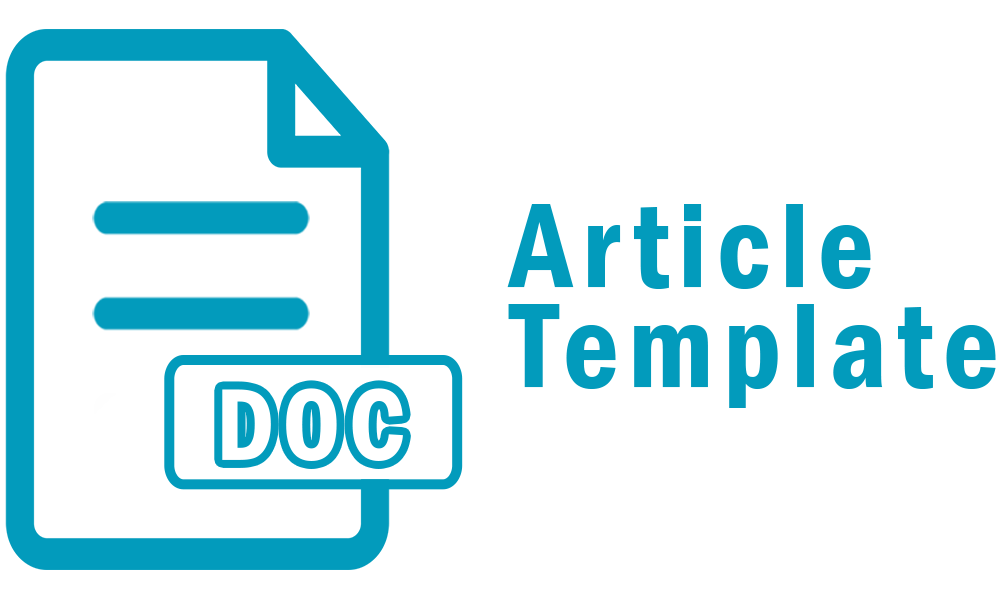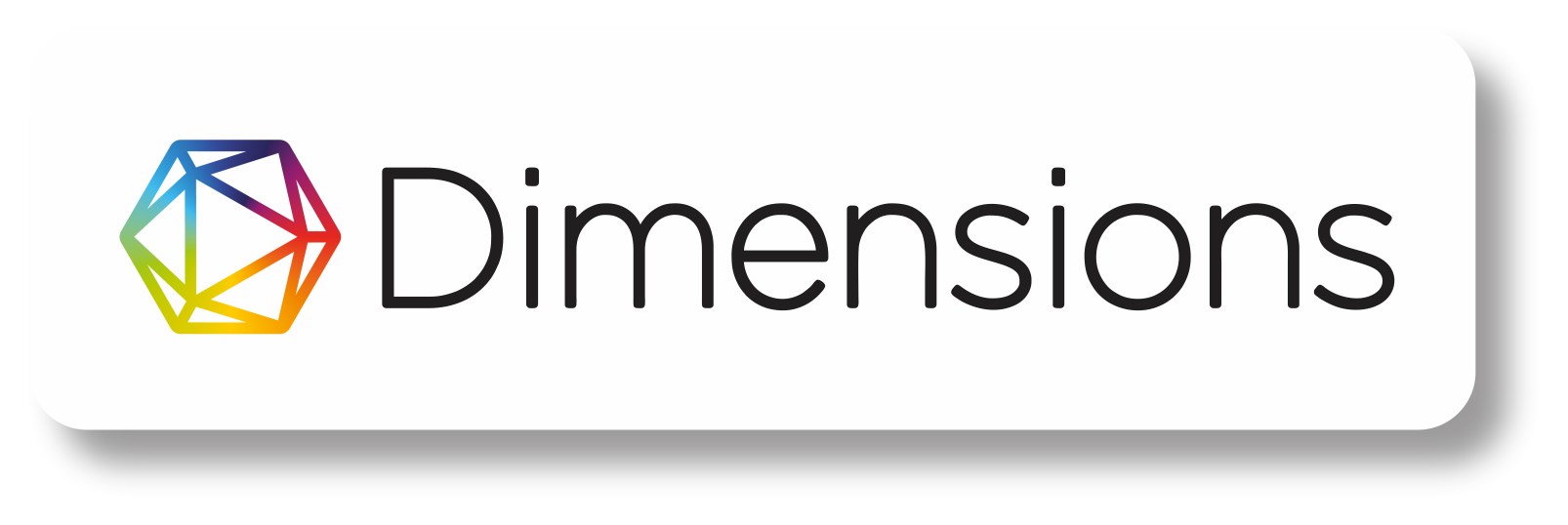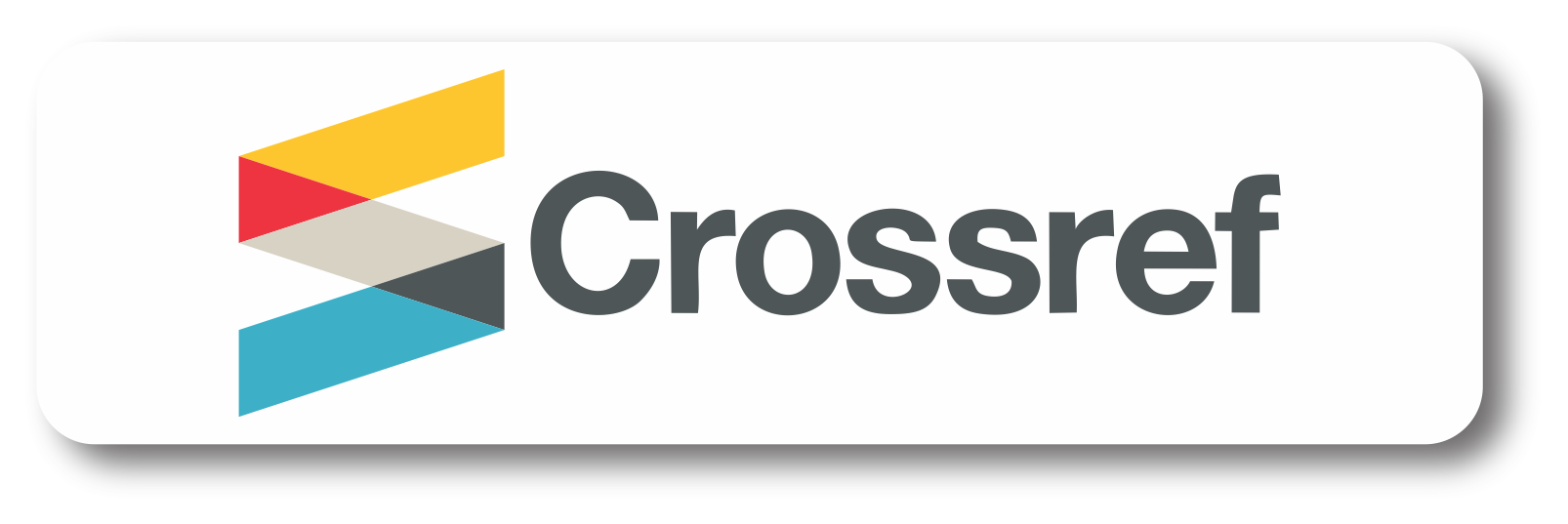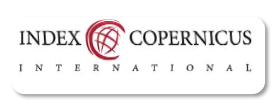The Role of Zakat and Wakaf in Reducing Economic Risks in Jayapura
DOI:
https://doi.org/10.22515/finalmazawa.v6i1.10982Abstract
Zakat and waqf are significant social financial instruments in Islam that play a vital role in reducing economic risks and improving the welfare of society. Zakat, as an obligatory act for financially able Muslims, serves to redistribute wealth equitably and help those in need. Meanwhile, waqf involves giving assets for the public good in the long term, contributing to the development of education, health, and infrastructure. This study aims to see how zakat and waqf play a role in reducing economic risks, especially in the Jayapura area. In Indonesia, especially in Jayapura, the potential of zakat and waqf is very large in supporting economic growth and poverty alleviation. However, challenges such as public distrust of management institutions, low awareness of zakat obligations, and less than optimal utilization of waqf assets hinder its effectiveness. A SWOT analysis shows that with the right strategy, weaknesses and threats in zakat and waqf management can be overcome, maximizing their potential to improve community welfare. Collaborative efforts between the government, zakat and waqf management institutions, and the community are essential to improve literacy, transparency, and accountability in managing resources so as to optimize the role in reducing economic risks and promoting community welfare in Jayapura.
Downloads
References
Anas, M. F., Imtinan, N. F., Yusron, M., & ... (2023). Hakikat Zakat Dan Wakaf. Jurnal Mas …, 103–114. http://journal.um-surabaya.ac.id/index.php/MasMansyur/article/view/16798.
Anita, S. Y., Kustina, K. T., Wiratikusuma, Y., Sudirjo, F., Sari, D., Nurchayati, Rupiwardani, I., Ruswaji, Nugroho, L., Rakhmawati, I., Harahap, A. K., Anwar, S., Apriani, E., & Sucandrawati, N. L. K. A. S. (2023). Manajemen Risiko. GLOBAL EKSEKUTIF TEKNOLOGI.
Arta, I. P. S., Satriawan, D. G., Bagiana, I. K., Loppies, Y., Shavab, F. A. C. M. F. M., Sayuti, A. M., Safitri, D. A., Berlianty, T., Julike, W., Wicaksono, G., Marietza, F., Kartawinata, B. R., & Utami, F. (2021). Manajemen Risiko. Widina Bhakti Persada.
BAZNAS Papua. (2019). Kolaborasi BAZNAS Papua dengan Pemerintah Daerah dalam Pengelolaan Zakat dan Wakaf. https://papua.baznas.go.id/.
BAZNAS Papua. (2024). Wawancara.
Efendi, M., Harahap, U., Siregar, E. Z., Hutagaol, H., Hasibuan, N., Syekh, U. I. N., Hasan, A., Addary, A., & Imam, U. I. N. (2024). Pemberdayaan Masyarakat melalui Zakat dan Wakaf Perspektif Al- Qur’an dan Hadits. 6, 310–331.
Indonesia, K. A. R. (2023). Zakat dan Wakaf: Solusi Ekonomi Umat di Indonesia Timur. Direktorat Zakat dan Wakaf.
Merlins, R. R. (2024). Kewajiban Zakat Dalam Islam Sebagai Bentuk Pelayanan Sosial Kepada Orang-orang Faqir dan Miskin. 9(4), 159–166.
Mubarok, R. (2020). Optimalisasi Wakaf untuk Pembangunan Ekonomi Berkelanjutan. Pustaka Islam Nusantara.
Nasar, M. F. (2017). Signifikansi Zakat dan Wakaf sebagai Sektor Sosial Keuangan Islam. Jurnal Bimas Islam, 10(4), 621–638.
Qomaruddin. (2020). Analisis SWOT dalam Model Pengembangan Zakat di Badan Amil Zakat Nasional Gresik. Jurnal Qiema, 6(1), 85–112
Rahmat, M. (2022). Manajemen Zakat dan Wakaf di Daerah Terpencil. Pustaka Al Bayan.
Raisya, N. A., Fitriani, A., & Sarah, N. M. (2022). Pengelolaan Zakat Dan Wakaf Dalam Ekonomi Islam. Jurnal Agama Sosial Dan Budaya, 3(2), 375–390.
RI, B. (2023). Laporan Nasional Literasi dan Inklusi Zakat dan Wakaf.
S, S. (2015). Makro Ekonomi Modern: Teori dan Kebijakan. Rajawali Pers.
Tambunan. (2019). Perekonomian Indonesia: Tantangan dan Harapan di Era Globalisasi. Ghalia Indonesia.
Wulandari, Y. (2020). Peran Wakaf Dalam Perekonomian. Internasional, Perpustakaan Illmu, Waqaf, 1(1), 1.
Downloads
Submitted
Accepted
Published
How to Cite
Issue
Section
License
Copyright (c) 2025 Juani Imran, Izzatul Nur Laily M, Abdul Karman

This work is licensed under a Creative Commons Attribution-ShareAlike 4.0 International License.




















